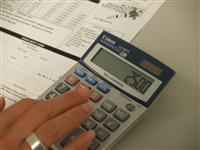Study Office Practices
Increase your value to employers, or improve the running of your own office.
 Even if you have never worked in an office before, there is no reason why you cannot begin now.
Even if you have never worked in an office before, there is no reason why you cannot begin now.
- Develop skills and knowledge in the operation of an office and take the first step to a new career.
Office work today is very different to what it was only a few years ago, having been changed dramatically by technology.
This course provides you with a essential knowledge of the nature and scope of equipment and procedures used in most modern offices.
- Improve your performance in any capacity, from office manager to trainee administration assistant.